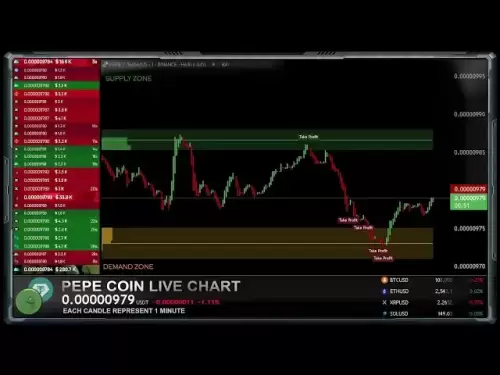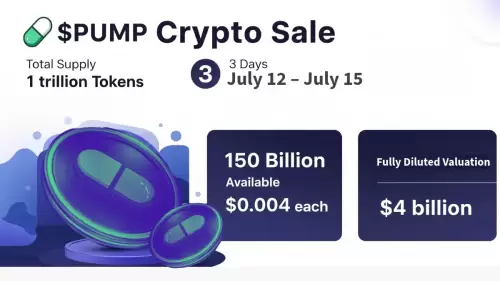 |
|
 |
|
 |
|
 |
|
 |
|
 |
|
 |
|
 |
|
 |
|
 |
|
 |
|
 |
|
 |
|
 |
|
 |
|
Cryptocurrency News Articles
Ethereum co-founder Vitalik Buterin has proposed a new design to reduce the hardware burden for running a network node
May 19, 2025 at 08:16 pm
In a blog post published on Sunday, Buterin introduced the concept of “partially stateless nodes,” allowing users to store only a subset of Ethereum's data

Ethereum co-founder Vitalik Buterin has proposed a new design to reduce the hardware burden for running a network node, framing it as a step toward a fully decentralized network that doesn’t require sophisticated infrastructure to help maintain.
In a blog post published on Sunday, Buterin introduced the concept of “partially stateless nodes,” allowing users to store only a subset of Ethereum’s data, rather than the entire blockchain that clocks in at over 1.3 terabytes (TB).
The proposed goal is to allow everyday users, not just institutions, to run nodes on personal devices. A node is an electronic device that connects to a blockchain network to help verify transactions and keep a copy of the ledger.
Currently, operating a full Ethereum node requires significant disk space, often over 1 TB, making it impractical for most users. While third-party services offer access to blockchain data, they come with privacy and censorship trade-offs, Buterin noted.
Instead, his new model suggests letting each node store only the data most relevant to the user, while verifying other parts of the chain on demand using cryptography.
The “local-first” approach mirrors a library system: you keep the books you use often, and borrow the rest when needed.
“This type of node would give the benefits of direct local access to the state that a user needs to care about, as well as maximal full privacy of access to that state,” Buterin wrote.
The system would also allow users to configure what data their node stores, like common smart contracts, tokens, or specific apps, using a simple onchain setting. Users wouldn’t need to store Merkle proofs (the complex cryptographic trees that secure blockchain state), as only raw data suffices.
The proposal is still in its early stages, but it could shape the next phase of the network’s decentralization roadmap.
Disclaimer:info@kdj.com
The information provided is not trading advice. kdj.com does not assume any responsibility for any investments made based on the information provided in this article. Cryptocurrencies are highly volatile and it is highly recommended that you invest with caution after thorough research!
If you believe that the content used on this website infringes your copyright, please contact us immediately (info@kdj.com) and we will delete it promptly.






























































